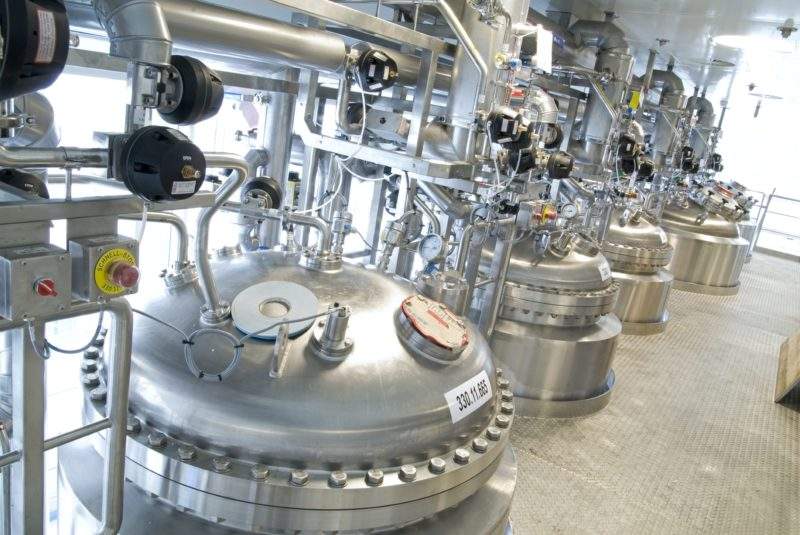“[Contract manufacturing organisations] have not been an answer to the manufacturing problems in big pharma, but have been very enabling to small and mid-sized companies,” claimed industry expert and emeritus PharmSource Editor-in-Chief Jim Miller in a keynote address at CPHI (Convention on Pharmaceutical Ingredients) North America conference in Philadelphia, PA on April 25th.
The wide-ranging talk from Miller covered the past, present, and future of the contract development and manufacturing (CDMO) industry. Since 1999, when CMOs first held the potential to be the answer for inefficiencies at large pharmaceutical companies, they have become influential in the growth of the biotech industry.
Miller cited the results of the PharmSource reports Contract Dose Manufacturing Industry by the Numbers: Composition, Size, Market Share and Outlook and CMO Scorecard: Outsourcing of NDA Approvals and CMO Performance as evidence of the penetration of CDMOs into the small and mid-sized biopharma market.
Miller described the development of the CMO industry in three distinct phases: a nascent phase, a phase before the financial crisis, and today’s industry. The first period saw pharmaceutical companies serve as clients to each other using their excess capacity via a model that evolved in the 1990s and led to the formation of the first CMOs.
The second period, which lasted until the 2008 financial crisis, saw the emergence of companies such as Patheon, Catalent, and Lonza, as well as their growth due to an easy fundraising market and the availability to purchase excess capacity from the pharma industry. Miller noted that, in retrospect, it was not realistic to expect CMOs to be able to build the capacity needed to support the start of the biologics industry, especially because of the initial inefficiencies of production.
Impact of private equity and public funding
The financial crash and the resulting lack of funding for small biotech initial public offerings (IPOs) led to the CMO industry being funded by private equity and public funding. Miller noted that private equity has not only allowed the industry to grow, but has added management talent to the CMO industry.

US Tariffs are shifting - will you react or anticipate?
Don’t let policy changes catch you off guard. Stay proactive with real-time data and expert analysis.
By GlobalDataThis funding has allowed the industry to capitalise on the explosion of product pipelines from emerging biopharma companies and regulatory changes meant to encourage the development of drugs, such as accelerated approval, breakthrough therapy designation, orphan drug designation, and priority review. Miller noted that these regulatory changes have successfully de-risked the process of getting innovative drugs into clinical phase development, creating a golden age for the CDMO industry.
Miller expressed caution about how the cyclical nature of the financial market, changes in drug pricing, and the need for qualified employees could affect the industry. However, he also noted that there are major opportunities for the future of the industry through improvements in “customer-centric” or service-oriented manufacturing technology, and that the use of information technology is a way to serve both of these needs.
More information about industry trends, such as those mentioned in Miller’s talk at CPhI North America, are presented in Trend Reports from PharmSource, a GlobalData product. For more information about the regulatory pathways that the CDMO industry capitalised on following the 2008 financial crash, visit the Regulatory Milestones Tracker in the Drugs Database of the GlobalData Pharma Intelligence Center. If you do not subscribe to PharmSource or the Pharma Intelligence Center, please contact a GlobalData sales representative to gain access.
For more insight and data, visit the GlobalData Report Store – Pharmaceutical Technology is part of GlobalData Plc.




